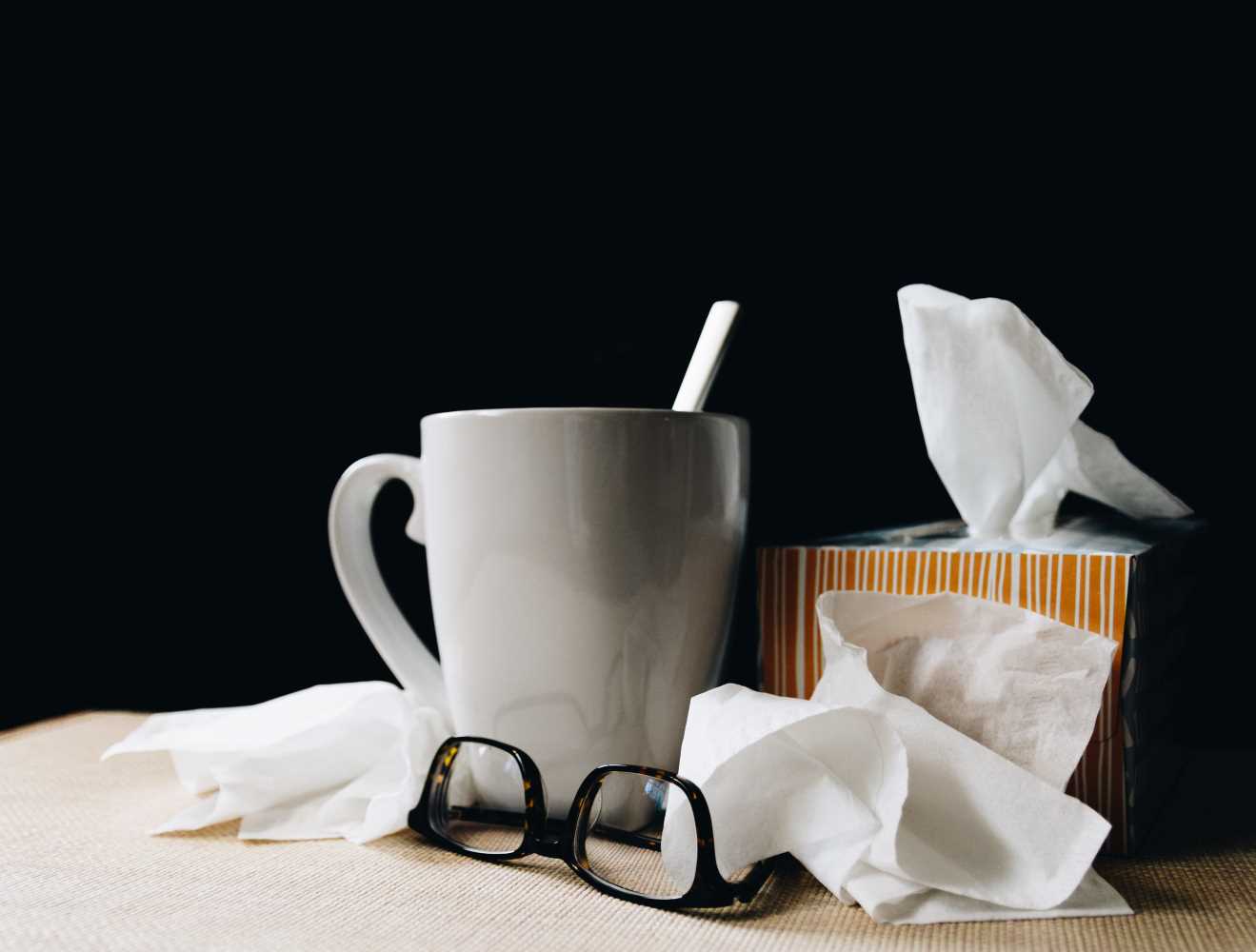I have been a nurse for over 20 years (Whoa…putting that in writing makes me feel OLD!) For 13 of those 20 years, I have worked in a specialized area of nursing called Infection Prevention. My actual job title is “Infection Preventionist” and the ENTIRE scope of my work is to find ways and processes that prevent patients from getting infections. So when I say my life’s work is dedicated to keeping people healthy, I am not joking around!
I think most of us know the basics on how to avoid getting sick like washing hands and staying away from others who are sick. But what are some alternative things you can do to make sure you and your loved ones stay healthy? Here is a list of insider secrets from someone whose entire career is centered around helping people NOT get sick!
** I am a nurse, but I am not YOUR nurse. I am also not a doctor. The information provided on this page are for informational purposes only and should not be taken as professional medical advice. It should not be used to diagnose or treat a health problem or disease. It is important to consult with your healthcare professional for personalized medical advice. Always seek the advice and direction of your doctor or healthcare provider regarding any medical conditions, concerns or circumstances.**
YOU ARE GOING TO GET SICK AT SOME POINT
It is unavoidable! At some point, our body gives way to the germs and viruses you are exposed to and we all get sick. Unless you live in a bubble and remain isolated from humanity 100% of the time, you are bound to catch a cold at some point.
As miserable and untimely as it may be to get sick, it is not always a bad thing! In fact, an occasional cough, runny nose or even fever is a sign that your body has found something that it doesn’t like and is defending to attack this invader. Every time you catch a cold or an illness, we can use this opportunity to strengthen your immune system, so it is ready to defend itself from other germs in the future!
QUIT TOUCHING YOUR FACE!
Many of the germs that we are trying to avoid are spread through contact or touch. Our skin is a wonderful protective barrier that prevents germs and unwanted pathogens from getting into our body. But we do have some vulnerable areas on our body called mucous membranes. These areas actually work as a barrier against foreign particles by catching them in their sticky mucous, but sometimes the germs still get through and make us sick.
Touching our eyes, nose, and mouth are common areas of entry for many of the germs spread by contact and droplet, so avoid touching these areas on your face, especially if you have not washed your hands recently!
GET SOME Zzzzzzz’S
Peer reviewed studies have shown over and over again that sleep and susceptibility to illness are directly related. Your body needs sleep to fight of any germs that may have gotten in! The Mayo Clinic and the American Academy of Sleep medicine recommends striving for 7-8 hours a night for adults and more for kids.
EAT A HEALTHY DIET
Maintaining a healthy and balanced diet is crucial for supporting your immune system and preventing infections. While no specific food can guarantee immunity, a well-rounded diet can contribute to overall health and resilience. Eating a variety of fruits and vegetables that are rich in vitamins, minerals, and antioxidants help to support immune function. Aim for a colorful mix to get a range of nutrients. Lean proteins such as poultry, fish, beans, lentils, and tofu provide essential amino acids for immune health. Whole grains like brown rice, quinoa, and whole wheat contain fiber and nutrients that contribute to overall health. Healthy fats like those found in avocados, nuts, seeds and olive oil provide essential fatty acids for immune function. You may consider adding probiotics or fermented foods to help support a healthy gut microbiome which has been linked to immune function. Foods rich in Zinc (lean meat, seafood, legumes, seeds and nuts), Vitamin C (citrus, strawberries, bell peppers, broccoli) help to support the immune system. Vitamin D, which you can get through a supplement, some foods (fatty fish, fortified dairy products, eggs) and the sun is also important for immune health.
KEEP DRINKING!
Dehydration can affect immune function. Water helps to balance the body and helps to take care of tasks like regulating body temperature, lubricating joints and getting rid of toxins and waste. Make sure to drink plenty of water throughout the day to stay hydrated. Women need about 11.5 cups each day and men need about 15.5 cups per day (Mayo Clinic)
MEDIATE OR EXERCISE
Evidence suggests that meditating or exercise can protect you against illness. One peer reviewed study showed that participants who participated in mindfulness-based stress reduction or intense exercise had a statistically significant reduction in acute respiratory illness with an associated reduction in missed work time and sickness days. So make your mindfulness and exercise routine a part of your day to day routine. This website is a great resource for medication and mindfulness and I have used Bodi for years (formerly known as Beach Body) to keep my exercise game on track! I have also recently found a fitness platform that I am obsessed with. Obe Fitness
WASH YOUR HANDS
Washing hands is a crucial practice for preventing the spread of infection because it helps eliminate or reduce the number of germs that may be present on the hands. Soap and water helps to physically remove the germs, while antibacterial soap or hand sanitizer breaks down the protective layer of germs which inactivates them.
STAY INFORMED
Staying informed about local, national, and global health updates helps you to be aware of any outbreaks or emerging infectious diseases in your area. This information is crucial for taking timely precautions. Knowing and understanding how the circulating illness in your community is spread can help you to take appropriate precautions to minimize exposure. For example, understanding that respiratory infections can be transmitted through respiratory droplets may encourage you to wear masks and practice good respiratory hygiene.
Awareness also helps you to identify symptoms of illness sooner which allow you to take necessary precautions and can help decrease the spread to your family and loved ones.
FINAL THOUGHTS
So there you go. Tips and tricks from an infection preventionist on how to stay as healthy as possible. But, if you do end up getting sick (which I can promise at some point you will) check out my post on what to do when you get sick to help you recover quickly!
For more tips and tricks on staying healthy, both mentally and physically, visit my blog!
REFERENCES
Barrett, B., Hayney, M. S., Muller, D., Rakel, D., Brown, R., Zgierska, A. E., Barlow, S., Hayer, S., Barnet, J. H., Torres, E. R., & Coe, C. L. (2018). Meditation or exercise for preventing acute respiratory infection (MEPARI-2): A randomized controlled trial. PloS One, 13(6), e0197778. https://doi.org/10.1371/journal.pone.0197778
Mayo Clinic



